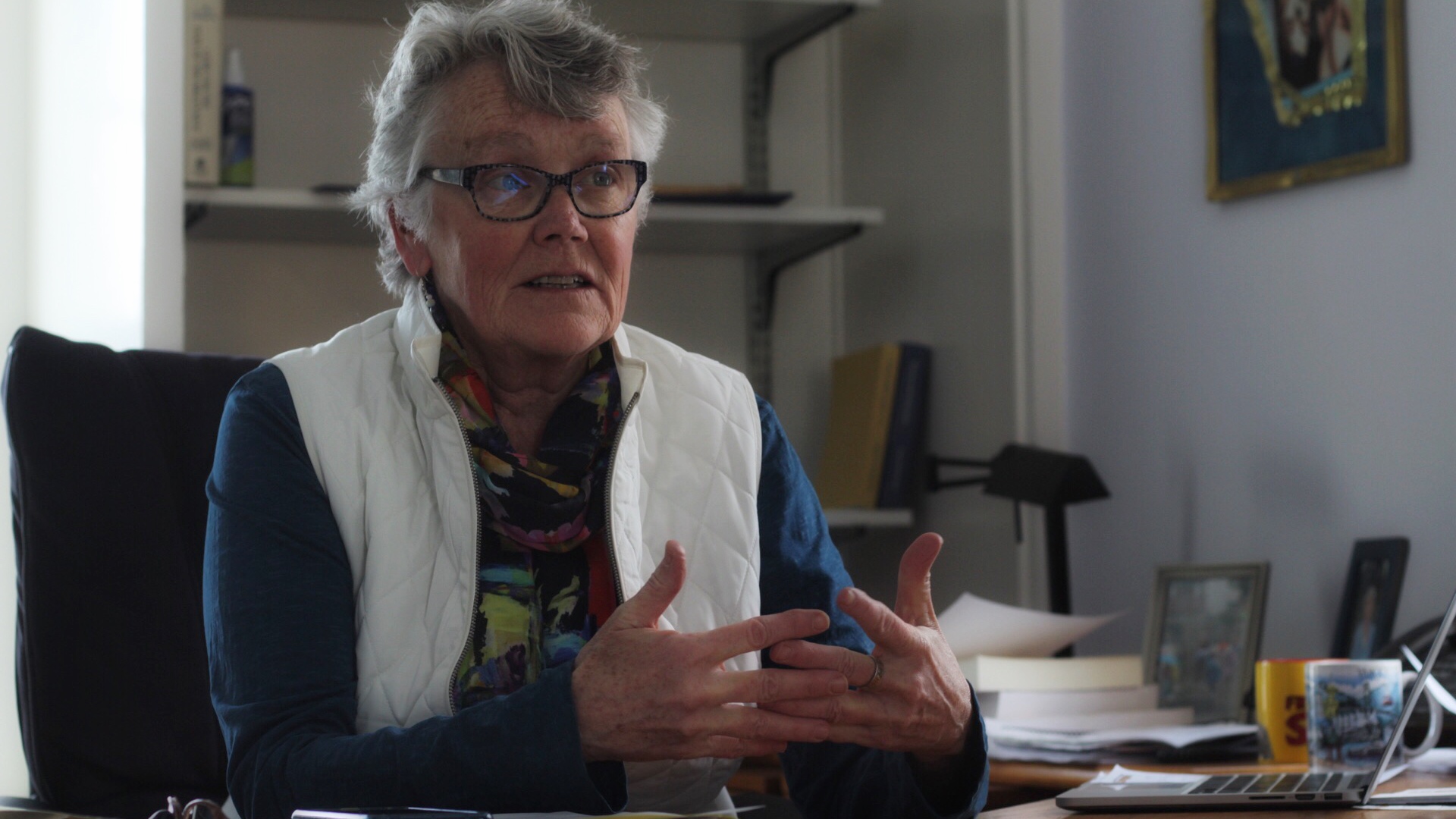By Nick Schleh, Staff Writer
University of Maine System officials recently reviewed 33 programs across the seven schools in the system that are experiencing under-enrollment. Last month the Portland Press Herald reported that the Women and Gender Studies and Master of Law’s programs are facing potential consolidation, a practice USM has done before by combining departments such as the Economics and Criminology departments were post-recession.
The Women and Gender Studies program offers both a bachelor’s degree and a minor, with many of the courses required being interdisciplinary. Dr. Rose Cleary, Director of Women and Gender Studies and Associate Professor of Social and Behavioral Sciences, said the program is centered around establishing critical consciousness on social topics with a specific focus on “…gender from the social sciences and humanities perspectives.” Cleary taught for 11 years at the Lewiston campus before becoming the program’s director in September.
Robert Neely, the Vice Chancellor of Academic Review, is leading the system-wide review. He determined under-enrollment as less than five graduates per-year at the undergraduate level.
Cleary remains optimistic due to 10 students being enrolled in the Women and Gender Studies capstone class. “It’s an opportune moment for the Women and Gender Studies in a lot of ways,” said Dr. Cleary. “We have lots of students from the social sciences and the humanities … and a new public health major starting up, lots of nurses and allied health professionals. We’re also wanting to give students the opportunity to think about all sorts of gender issues when it comes to health outcomes and access to health care.”
The program applies the liberal arts critical thinking and analysis that, according to Cleary, has a strong application to social justice issues, regardless of the field of study it is applied to.
While the number of students graduating with a degree in Women and Gender Studies is low, Cleary said class participation remains strong. The program brings in tuition revenue from cross-listed courses, such as Anthropology of Sex and Gender and an entry-level course called Gender, Representation, and Resistance.
“People are really interested in social justice issues, which is really at the heart of Women and Gender Studies,” said Cleary.
Cleary does not fear the closure of the program. She stated that the faculty, by their own discretion, are actively developing the program in the direction that makes courses available to a wide array of students, including those interested in health sciences.
“The program is being evaluated, but it does not mean it’s being changed,” said Cleary. The faculty members within the program agree that they would love to have more majors, but their primary goal is to serve USM students. “I am optimistic about the direction the program is going. I know the provost and the president are invested in the program; they are making investments into it and that encourages me.”
Next year will be the 40th anniversary of the Women and Gender Studies program at USM.
The program is housed at 92 Bedford St. on the Portland campus, where they invite anyone in the community to visit. More information about the program can be found online at usm.maine.edu/wgs.

